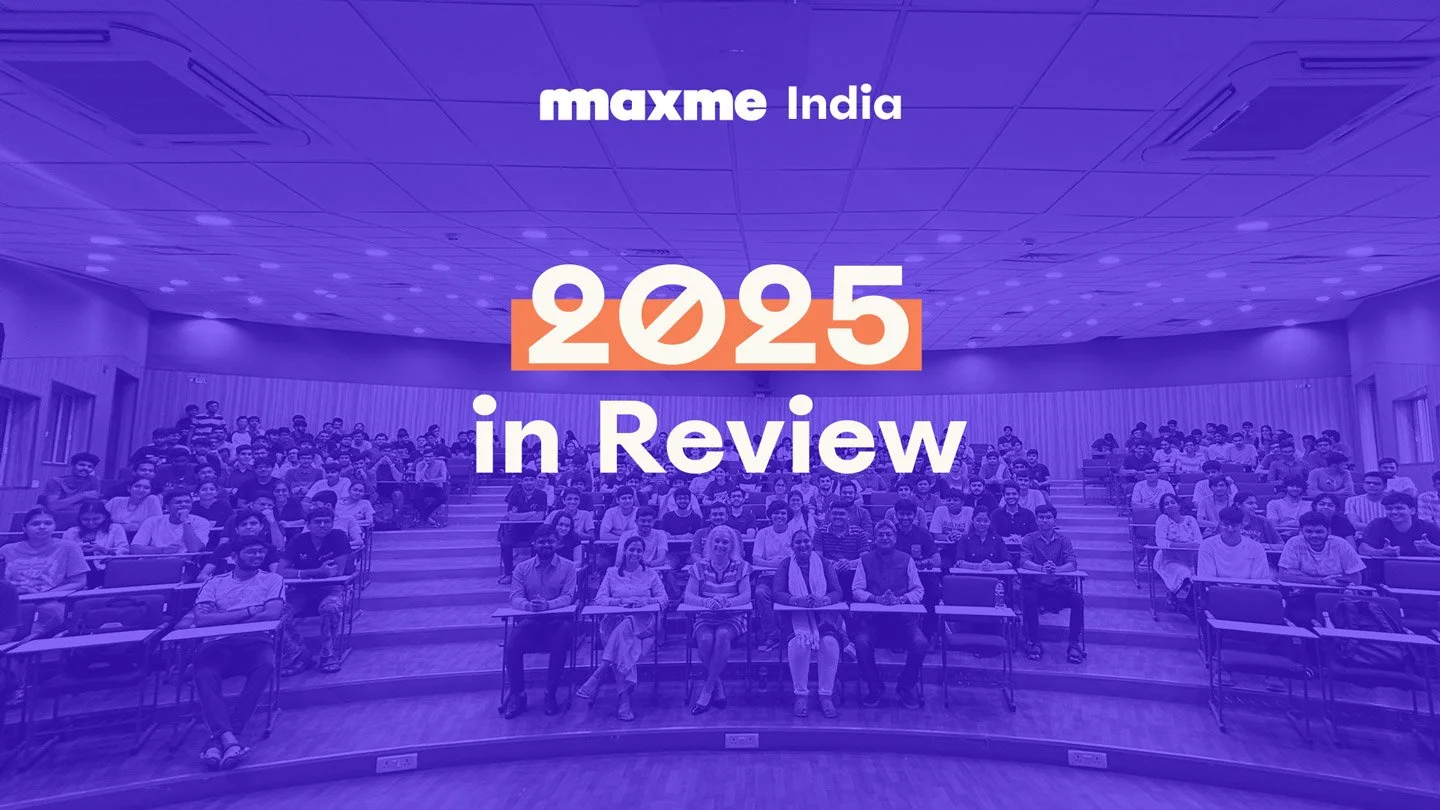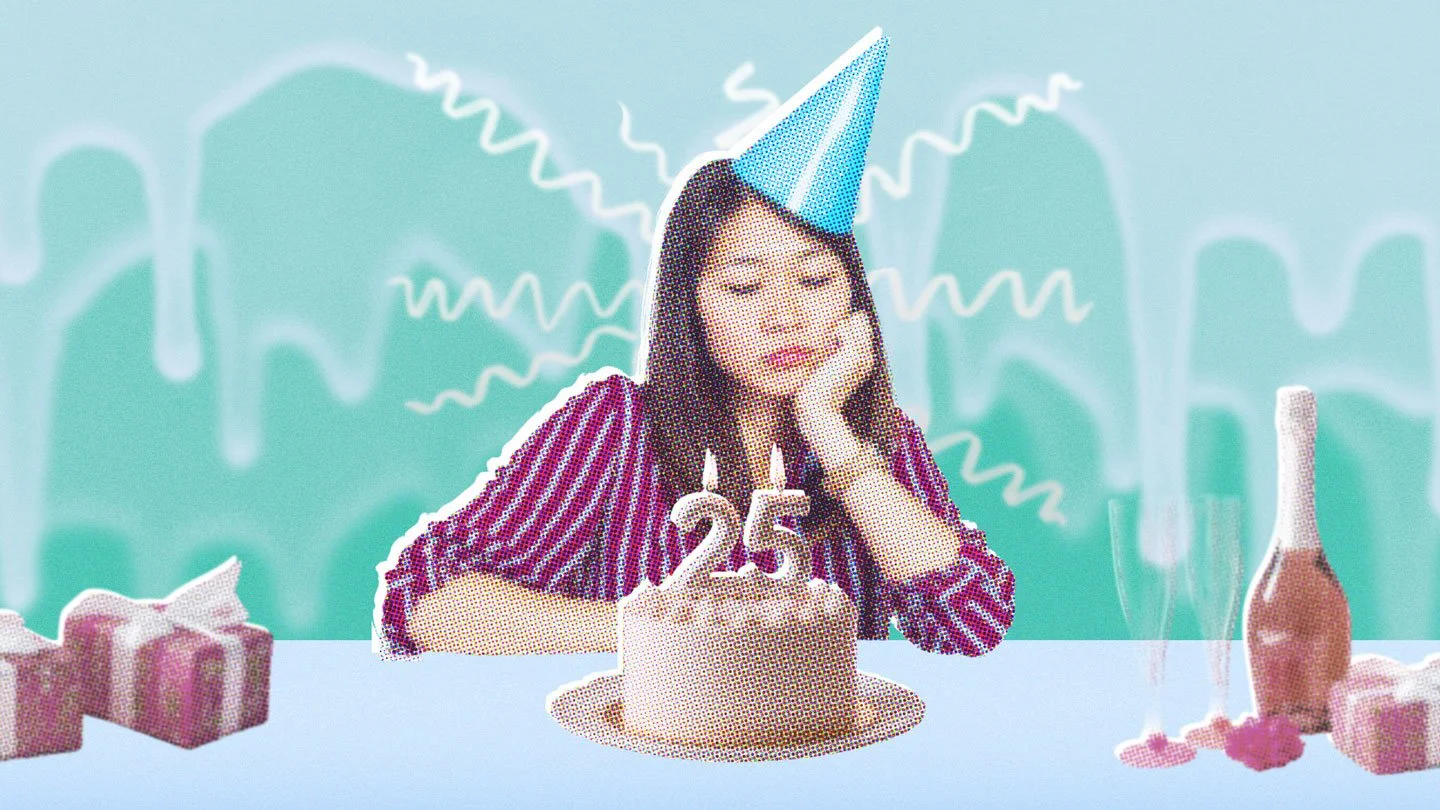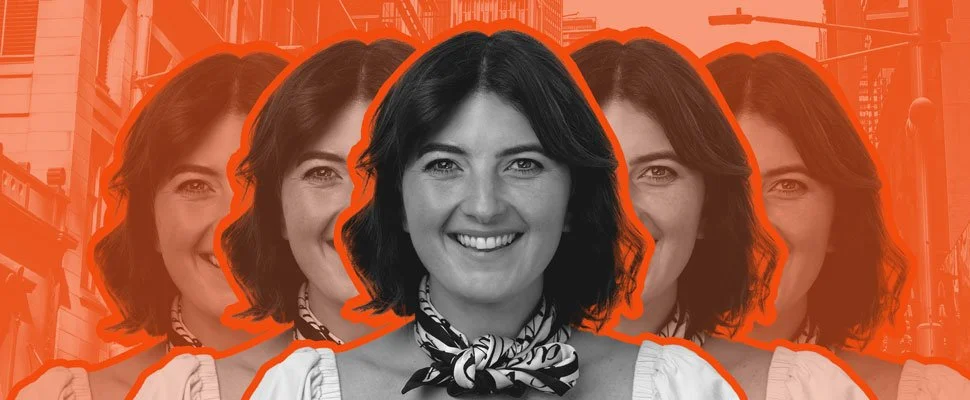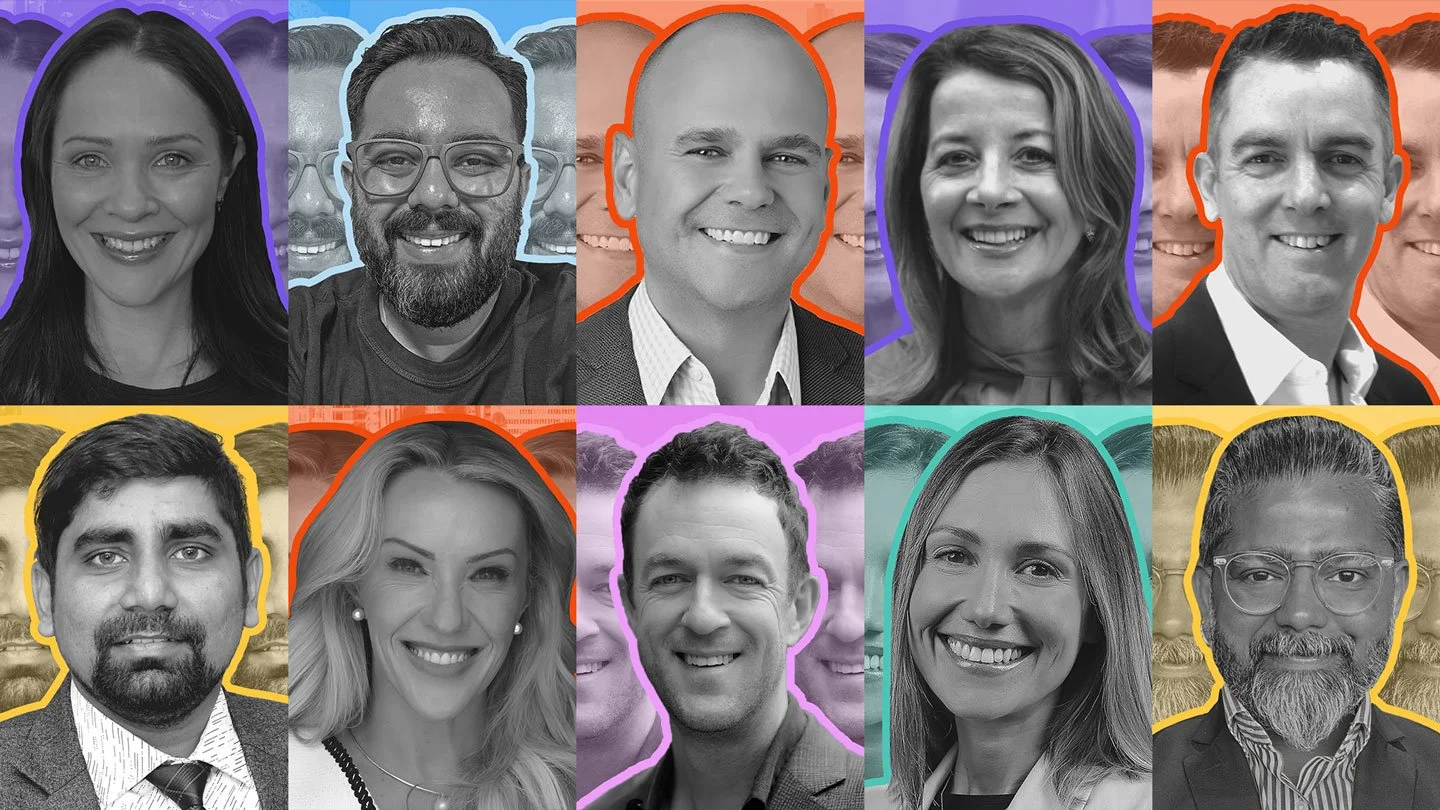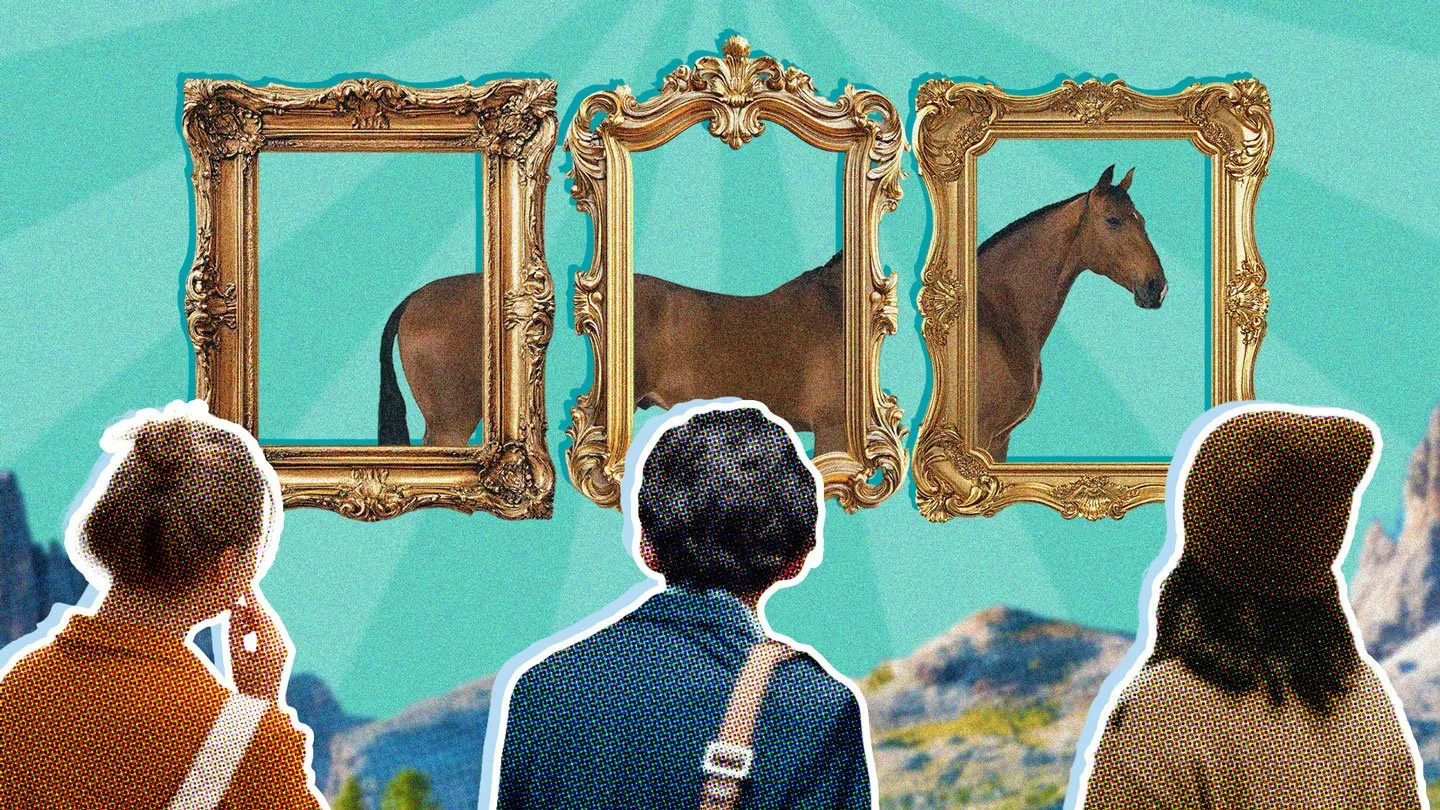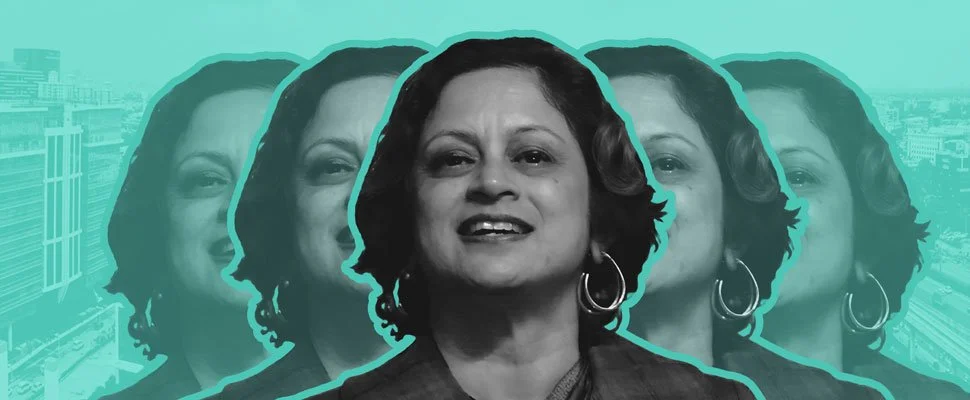Human on the Inside with The Resilience Project's Martin Heppell
Maxme: We’re big believers in the power of human skills. But don’t just take our word for it - the evidence for excellence powered by human (‘soft’) skills is everywhere! In this engaging, ever-enlightening series, we speak with industry leaders, innovators and game-changers to learn a little about their personal career journeys, and how human-led strategies, philosophies and cultures are proving a force for good in their working worlds …
Welcome Martin, and thanks for stepping into the #SuccessIsHuman Spotlight! You’re a Partner and Facilitator for The Resilience Project - an organisation delivering programs to Australian schools, sports clubs and businesses, underpinned by practical, evidence-based, positive mental health strategies to build resilience and happiness. In 1 sentence (ok, we’ll give you 3), what does your role entail?
Martin Heppell: Thank you for having me! We teach positive mental well-being strategies to anyone who is willing to work with us.
M: You’ve been with The Resilience Project for over 6 years now, but prior to that, spent over eight years in primary education - four as an Assistant Principal and four as a classroom teacher (1/2 and 5/6 at Melbourne’s Auburn Primary School). You also spent six years in the AFL and SANFL systems playing for the St Kilda, Melbourne and Norwood Football Clubs. Adding to your eclectic background, we hear you spent a considerable amount of time growing up in Borneo living with a Dayak headhunting tribe! How does all this work speak to your personal purpose and what drives you as an individual?
MH: What drives me? For every kid and adult to be comfortable in their own skin. To know it is ok to go against the grain. That we are all different. I roll the way I roll. That doesn’t give me an excuse to be disrespectful, it gives me the awareness that others should roll the way they roll too. To know it is ok to go all in and be not good enough. To know that if you go all in and you are not good enough, you can reflect on the event and have some growth. To know that you will never have the growth though without the prior experience. That is what I try to instil in those around me and who we work with. I was lucky. Through my past experiences I have been able to become comfortable in my own skin; know that I am flawed but still worthy of love; can go all in and not be up to it and then learn from my failures.
M: Tell us a little about your personal education pathway/s - what led you to where you are now? How closely do your formal qualifications match your current career?
MH: I have been lucky because I was given time to work out what I really wanted to do. I didn’t have external pressure to conform or to have met certain milestones by certain ages etc. My mum told me it doesn’t matter when you find it, as long as you do eventually find it. What did that enable me to do? Live in the moment. When the moment arrived I realised I was passionate about supporting kids. Growing up in Borneo with the Iban Headhunters; going to an International school in Jakarta for 3 years; high school in Melbourne, AFL football, backpacking around the world with my brother for 3 years sleeping in the dodgiest places and living off tomato sandwiches with no money; working on kids camps, primary education at Melbourne - all of this has all led to what I do now: walking into a room, getting a read on it, adapting to the needs of others and then trying to inspire participants that there are things they can do to support themselves. All my experiences have enabled me to be better at connecting with people from all walks of life.
M: If you could share one piece of career advice to your 21 year old self it would be ...
MH: Keep having fun.
M: Maximising the potential of individuals, communities and businesses through the power of human skills is the reason Maxme exists. Can you tell us a little about the role and / or value of human skills in your workplace right now?
MH: It is everything. We work with people. We support, interact, connect and listen to people. You have to be a good person. Inclusive. Embrace diversity. Acknowledge and respect differences. Be kind. Be humble. Be passionate.
M: Self Awareness sets the critical foundation for all Maxme learning experiences. With that said … what’s your strongest trait / personal super power?
MH: My energy and passion. They are my weakness too.
M: And on the flip side, what’s one human / ‘soft’ skill you’ve had to really work on improving over the course of your career?
MH: Knowing how to implement change in the behaviour of others when there is strong resistance. Be patient. You try to implement change quickly, people dig in. Listen, learn and then support.
M: If you could share one piece of career advice with recent secondary or tertiary graduates, or other individuals keen to join or start a company like The Resilience Project, what would it be?
MH: Do it for the right reasons. If you’re after coin, park it. If it’s because you are passionate about helping people – then go as hard as you can and don’t give up.
M: You’ve been granted approval to add one University graduate to your team, but have 100 applicants, all with outstanding academic results. How do you find your perfect candidate - what are you looking for?
MH: We dig. And then we dig more. Are they a good person?
M: In the words of John Dewey, “education is not preparation for life, education is life itself.”
What’s next on your #learning agenda?
MH: Whatever I fail at next and it is guaranteed to happen!


